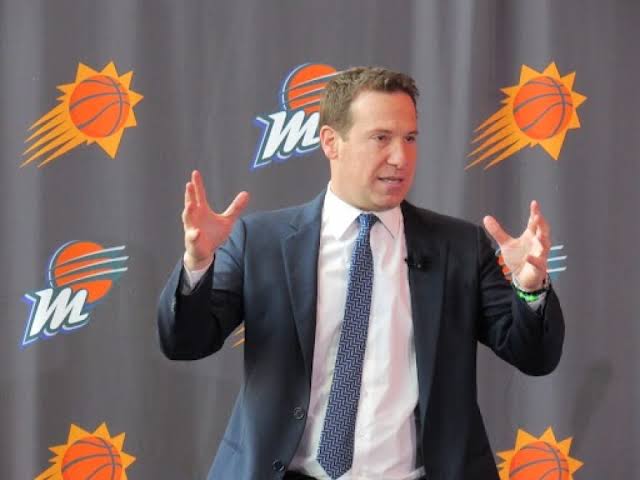EMERGENCY PODS: The Hate Mail, The Death Threats, And The Inappropriate Sexual Comments That I Have Received Aren’t Just Disturbing, They’re Unacceptable Regardless Of…
…who you are, what you do, or what platform you speak from. The idea that creating content—especially emergency podcast episodes—would become a trigger for personal attacks may sound extreme, but for many of us who speak publicly and passionately, this is an unsettling reality.
When I launched my emergency pod series, I knew it might ruffle feathers. These episodes are raw, immediate, and designed to tackle news and social issues as they unfold—sometimes before the facts are fully settled. That urgency, that commitment to immediacy, became both a strength and a vulnerability. I expected disagreement. I did not expect hate mail laced with misogyny. I didn’t anticipate threats against my life. And I certainly didn’t imagine people would feel entitled to send sexual comments so crude and violating they made me question continuing at all.
Let me be very clear: criticism is fair game. That’s the pact we make when we speak into a mic and publish our thoughts for the world. Debate, disagreement, even heated responses are signs that people are engaging. But there is a line—and it’s one that far too many feel empowered to cross when the speaker is a woman, a person of color, or a member of the LGBTQ+ community.
What makes it worse is the normalization of this abuse. I’ve had well-meaning friends and colleagues say, “That just comes with the territory,” or “You should be flattered they care enough to threaten you.” That isn’t support—that’s complacency. Violence, harassment, and sexual aggression are not the price of relevance.
I’ve received emails with subject lines that mock my voice, my appearance, my perceived political leanings. Some accuse me of “corrupting the youth” or “destroying America” simply because I had the audacity to question a policy or hold a public figure accountable. Others go beyond criticism into full-on dehumanization—demanding silence, submission, or punishment.
Then come the sexually explicit messages, which aren’t about desire—they’re about dominance. They’re sent to shame, intimidate, and remind me that no matter how smart, informed, or brave I am, someone out there sees me only as a body to control. That is not about attraction. It is about power.
And the death threats—those hit differently. Some are vague. Others contain enough specific detail to make me scan my surroundings differently, to alter my routine, to think twice before attending a live event or going off-script. They don’t just make me fear for myself; they make me worry about my team, my family, and anyone associated with the show.
This isn’t just happening to me. Every week I speak to other podcasters, journalists, and public thinkers—especially women and minorities—who are drowning in the same bile. It’s not just the volume that’s exhausting; it’s the emotional toll of being told over and over that your voice is dangerous, your thoughts are disgusting, and your life isn’t worth protecting.
What’s even more troubling is how platforms and institutions often fail to respond. Reporting these messages can feel like shouting into the void. Social media companies rarely take action unless something goes viral. Law enforcement shrugs unless there’s a direct and immediate danger. And in the meantime, we’re left to choose between staying visible and staying safe.
This isn’t a call for censorship. It’s a call for accountability, empathy, and a radical reshaping of what we tolerate in public discourse. There’s a difference between free speech and targeted harassment. Between critique and cruelty. Between passion and predation.
Emergency pods are supposed to be a space for clarity in chaos—for urgency without recklessness. They aren’t a license for cruelty. And I shouldn’t have to risk my safety just to speak.
So no, the hate mail, the death threats, and the inappropriate sexual comments aren’t just disturbing—they’re unacceptable. Regardless of your politics. Regardless of your passions. Regardless of who you think I am.
Because no one deserves to be dehumanized just for using their voice.
